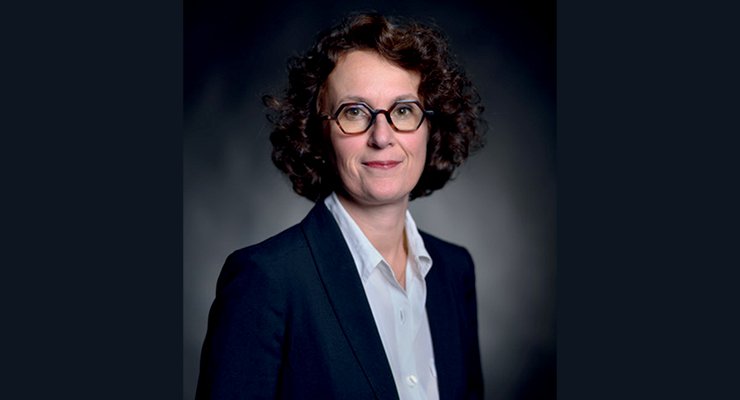
« Une vie professionnelle, ça se construit pas à pas »

Agir sur le monde en changeant le regard sur l’innovation

Design sonore made in UTC sur Radio France
Open science represents a new approach adapted to the digital revolution with respect to the sharing of data and scientific content, for a feedback to the citizen but also for its involvement in the citizen sciences.
Open Science includes open access to articles and open research data. Whether at the European level (Plan S, EOSC) and at the national level with the Law for a Digital Republic, Article 30, 2016 and the National Plan for Open Science (MESRI, July 2018 and July 2021) open science is a topic that encourages collaborative work between researchers to accelerate scientific innovation while ensuring data security.
Open science therefore leads to access for all to knowledge, for research, for education and for society. Indeed, “Citizen Science” is one of the elements that will allow in the long term to foster exchanges between citizens and the scientific community so that they are more confident in science and involved in scientific innovation projects. Public funding (European Commission, French ANR) supports this approach.
According to a sociological point of view, the main argument of open science is that scientific knowledge should be completely available to all. Therefore, from an economic point of view, all the works funded by public funds should be able to belong to the community as recommended by Plan S France (initiative launched in September 2018 so that all the projects that have obtained public funding publish research work / results free access from January 2021).
A guide was written for PhD students to explain the philosophy of open science and the link with their thesis work.
For the support of the Doctoral Schools, a guide has also been developed.
UTC is committed to open science at several levels by complying with the National Open Science Plan.
As part of the Sorbonne University Alliance, UTC is committed to encouraging doctoral students and researchers to follow the ASU MOOC developed by Sorbonne Université and by MNHN.
UTC encourages researchers to create a free and unique Open Research and Contributor ID (ORCID) number that researchers can use when they are involved in research and innovation. This unique identity number links all their "contributions across disciplines, borders and time".
In 2018, the UTC set up an HAL portal dedicated to archiving available and open access articles. This portal is therefore an open archive. The UTC encourages researchers and research teachers to deposit their publications and full-text works. BUTC (the Library of UTC) supports deployment and awareness/training of the UTC scientific community on the portal.
The UTC has adopted the Sorbonne University Charter for Free Access to publications during the Scientific Council of 24 January 2020, including the commitment of the UTC institution and research staff presented in this adoption note.
UTC supports researchers to optimize research data and its openness.
The PVP (Unit for Partnerships and valorization) of the Research Direction assists researchers in the drafting of their DMP (Data management plan) which are mandatory for national and European projects by using DMP-OPIDOR.
Open Research data must also comply with the GDPR (General Data Protection Regulation): the Data Protection Officer (DPO) can control the question by consultation.
Complementary actions are foreseen in the UTC HRS4R Strategy Action Plan.
As part of the ASU (alliance Sorbonne Université) where UTC took part, a note of recommendations on Open Research Data was produced and adopted by UTC.
UTC has appointed an Open Science focal point / advisor, Stéphanie Rossard, whose mission is to raise awareness, inform and advise the entire scientific community on open science issues.
At the operational level, in support of researchers, the head of the BUTC, Valérie Basseville, works for bibliometric, the opening of publications, the online input on HAL and the training resulting therefrom.
The director of each research unit designated an Open Access correspondent who help for the deployment of Open Access via the HAL-UTC portal.